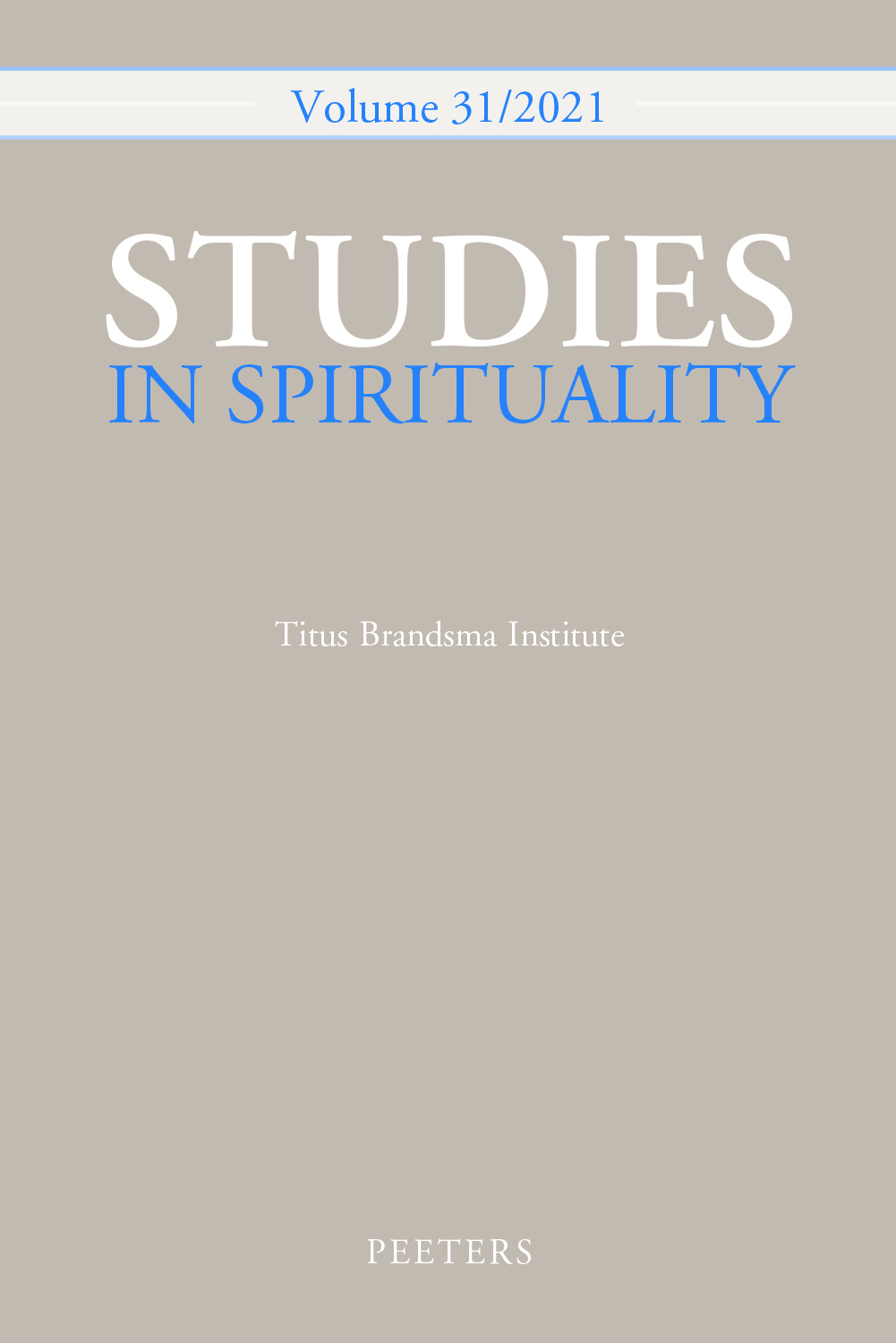 previous article in this issue previous article in this issue | next article in this issue  |

|
Document Details : Title: The End of Paradox Subtitle: Apophasis and Paradox in the Works of Johannes Scottus Eriugena and Ludwig Wittgenstein Author(s): SCHAKENRAAD, Joke Journal: Studies in Spirituality Volume: 22 Date: 2012 Pages: 27-68 DOI: 10.2143/SIS.22.0.2182846 Abstract : Attempts to describe the limits of thought and what lies beyond inevitably lead to paradox. In this article I address this apophatic paradox as it arises in the main work of Eriugena, Periphyseon, and Wittgenstein’s Tractatus Logico-Philosophicus. Both philosophers face the paradox of speaking about the ineffable and aim to know what lies beyond knowledge. The temporary solutions they have found show remarkable resemblances. In the end, when the paradox emerges again in their works, their readers have acquired knowledge of nature, logic or language, and at the same time they have ascended to the contemplation of God, the ‘mystical’, or a higher view of the world. |
|
